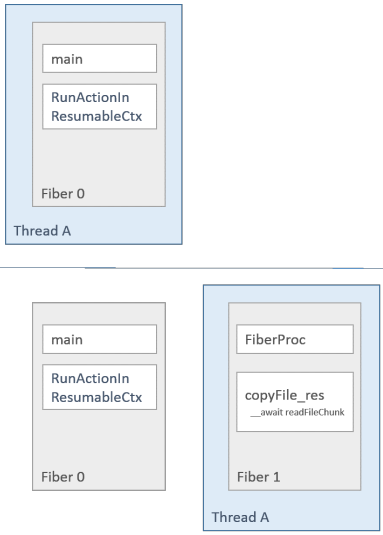Qt & JSON
Recently I could play around with Qt5 JSON API:
Qt & JSON
by Jens Weller
From the Article:
With Qt5 there is a new API for reading and writing JSON files in Qt. In the last days I had the chance to play around with this API, as I implemented importing and exporting different data sets from and to JSON.

 Do you "comprehend" ranges? From a key participant in some of the latest discussion about ranges for C++:
Do you "comprehend" ranges? From a key participant in some of the latest discussion about ranges for C++:
 From the desk of Andrzej:
From the desk of Andrzej: Paris, April 2014: Paolo Severini explores the Async-Await pattern and the related proposal for C++17, showing also an example by using Visual Studio 2013 November CTP.
Paris, April 2014: Paolo Severini explores the Async-Await pattern and the related proposal for C++17, showing also an example by using Visual Studio 2013 November CTP.